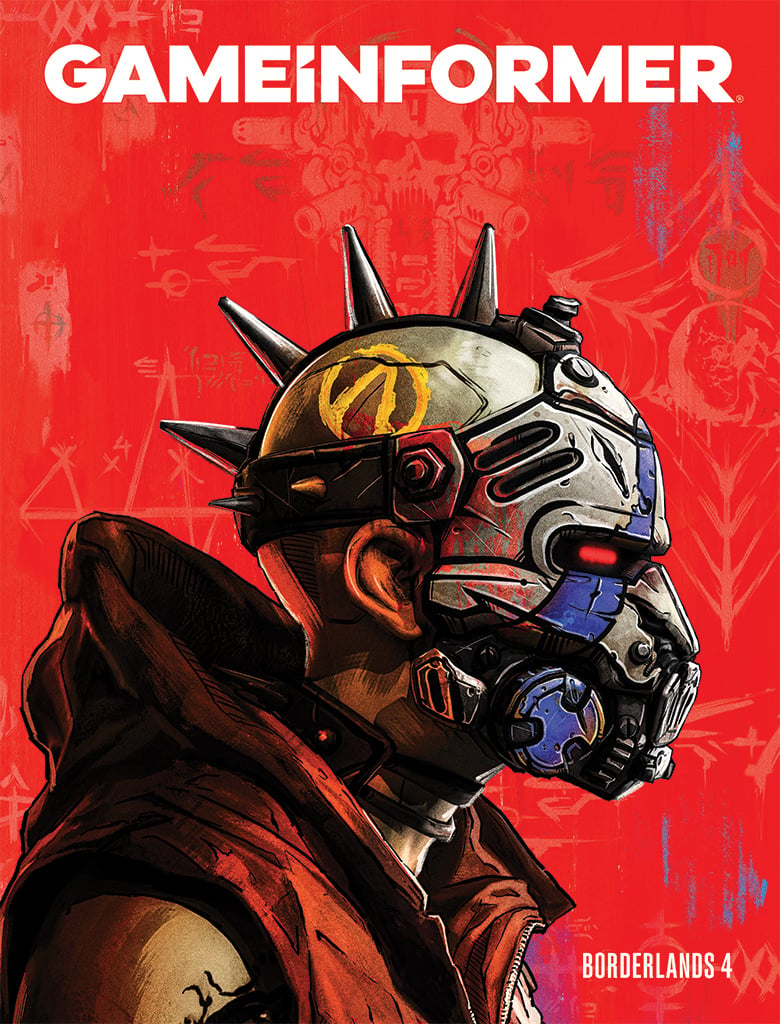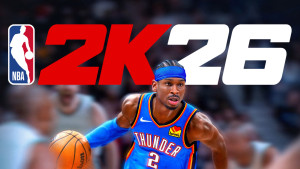Be the first to get Game Informer’s August Issue! Subscribe Now
Looking Ahead To The Conversations Of 2014

Last year was filled with the excitement of new console launches, the curiosity caused by Steam Machine concept, and the sadness of publishers THQ and LucasArts folding. No doubt the impact of these stories will be felt in 2014, but new conversations will emerge. Here are three that we’re keeping an eye.
Early Access as the New Kickstarter
In 2012, crowd funding merged with the gaming industry as Double Fine, inXile, Obsidian, and many others successfully raised money directly from gamers. More of the titles supported in this manner, like Harebrained Schemes Shadowrun Returns, arrived in 2013.
Kickstarter, and how we decide to cover it, will still be something front of mind in 2014, but a new model is picking up steam. “Early access,” the practice of selling alpha and beta access to titles, is becoming more popular.
It’s a risky proposition for gamers and developers alike. For gamers, there is no guarantee that an early access game will mature as expected. In fact, there’s nothing to say that you’ll ever get a final “release.” "Early Access is a full purchase of a playable game," Valve writes. "By purchasing, you gain immediate access to download and play the game in its current form and as it evolves up and through 'release.'"
Titles like Minecraft found great success in this approach, but the concept has now been institutionalized by Valve. Steam is offering a handful of games via the early access program, and there is no mention of recourse should a game not reach a “final” state.
We’re watching the early access phenomenon with great interest. Is this going to be the next big funding model, or are there drawbacks that we’ve yet to see?
Online Services and Customer Patience for Failure
When Microsoft confirmed it was making the Xbox One an “always online” system, the gaming world erupted in frustration. E3 was a dark moment for the company in 2013, but things started to turn around when a 180 happened a week after.
Over Christmas, Sony, Nintendo, Valve, and even Microsoft with its 300,000 cloud servers suffered outages ranging from brief and minor to lengthy and total. EA continues to struggle with Battlefield 4’s performance and connectivity after also suffering extensive public relations damage due to SimCity.
Online services are going to continue to be a major issue in 2014. Microsoft’s first real test is coming very soon. March 11 marks the release of Titanfall, which will rely on the “infinite power of the cloud.” The much anticipated title is the Xbox One’s crucible. Will Microsoft pass this test and how will the results impact market share through the rest of the year? We’ll be watching.
The Real Life Span of the Xbox 360 and PlayStation 3
Both Microsoft and Sony have pledged years of support for the Xbox 360 and PlayStation 3 respectively. Sony’s track record with the PlayStation 2 offers hope, while Microsoft’s rapid weaning of the original Xbox delivers concern.
Microsoft has pledged to support the Xbox 360 for at least another three years. Sony president of worldwide studios Shuhei Yoshida told Games Industry International that support for the PlayStation 3 would continue for the “next couple of years.”
New console adoption rates are already high, with supply becoming available on both sides and over two million units of each sold (exceeding sales rates of the Xbox 360 and PS3). In addition, first-party offerings and the continued support from third-parties will help dictate the pace of consumer upgrading. Which of these consoles will still have legitimate support by the end of 2014? Expect this question to surface throughout the year.













